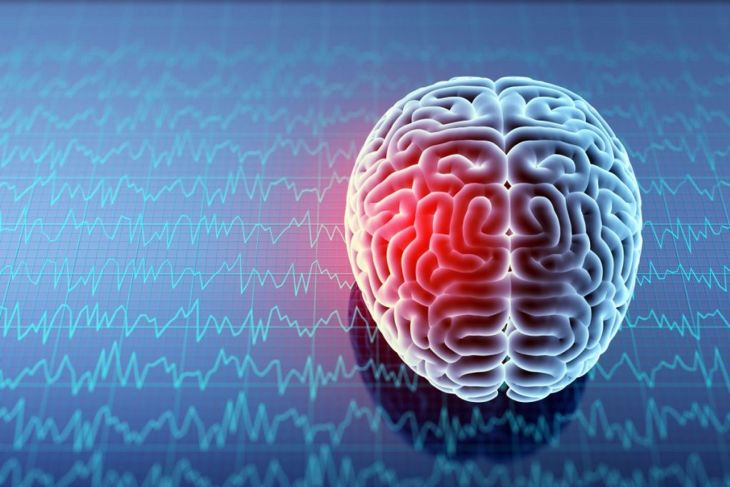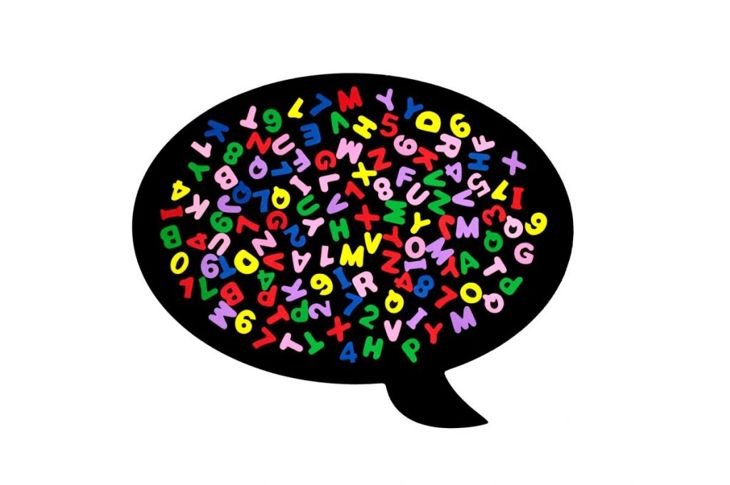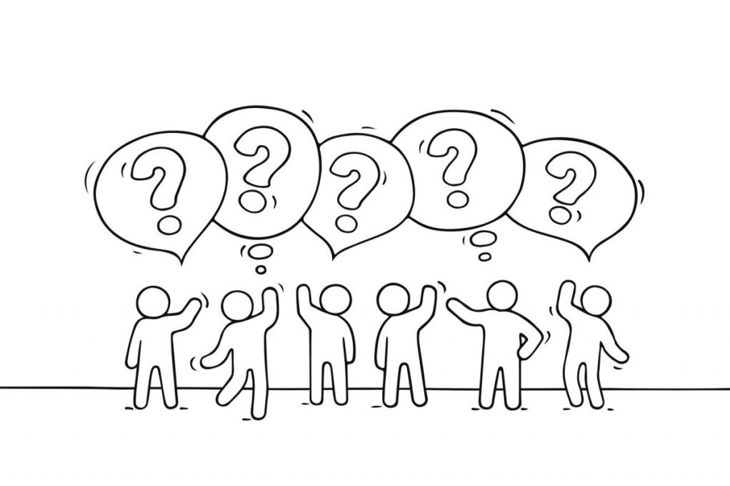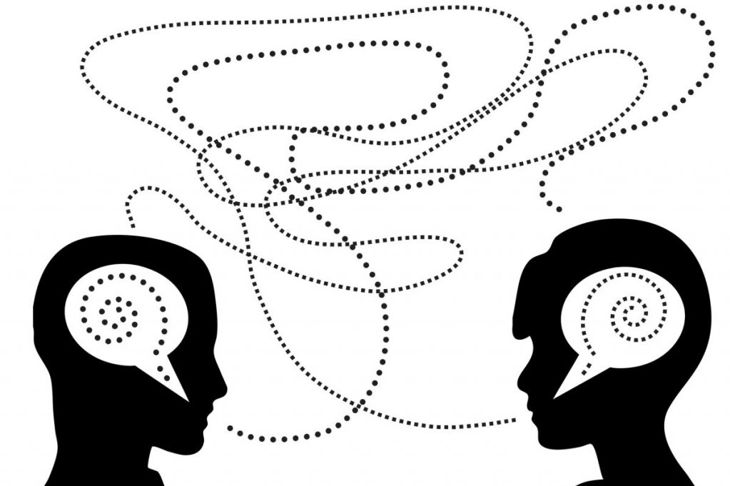Dysphasia is a condition that affects a person’s ability to produce and understand spoken language. The language disorder can also cause reading, writing, and gesture impairments. Dysphasia occurs when the areas of the brain responsible for turning thoughts into spoken language cease to function properly. Different types of dysphasia may develop depending on the damaged part of the brain. The signs and severity can also vary.
Causes of Dysphasia
Dysphasia occurs when the areas of the brain responsible for language production and comprehension are damaged or injured. A variety of different medical conditions can cause this damage. Strokes are the most common cause, but infection, severe head injury, migraines, and seizures can also lead to dysphasia.
Temporary Dysphasia
While some cases of dysphasia are long-term, others cause only temporary brain damage. Migraines, seizures, and transient ischemic attacks generally cause only short-lived symptoms. After the body fights off the attack, the language abilities return. Even temporary loss of these basic abilities, however, can be frightening.
Types of Dysphasia
There are several types and subtypes of dysphasia. Each category describes damage to a particular area of the brain. Brain damage is rarely clear-cut, and to those affected by dysphasia, distinctions are even less clear. Each type impacts each individual differently.
Expressive Dysphasia
Expressive dysphasia affects speech and language output. People with this type of dysphasia have difficulty producing speech, although they may understand what is said to them. Expressive dysphasia can be extremely frustrating because the individual is usually aware of the difficulties he or she is facing.
Receptive Dysphasia
This type of disorder occurs in a different location of the brain than expressive dysphasia. Receptive dysphasia affects language comprehension rather than actual speech. People who have receptive dysphasia are often able to speak, but their words are nonsensical or “jibberish.” Unlike expressive dysphasia, those with receptive dysphasia are often unaware that others don’t understand them.
Global Dysphasia
Global dysphasia, like the name suggests, affects a more signification part of the brain and develops following widespread damage to the brain’s language centers. People with global dysphasia have extreme difficulty expressing and understanding language. This type of condition is the most severe form of all the types of dysphasia, but within the categorization, people have different levels of severity.
Symptoms of Dysphasia
People with dysphasia may experience difficulty using or comprehending speech. Symptoms depend on the location and severity of the brain damage. Speaking symptoms include struggling to find words, talking in single words, and mixing up word order. Comprehension symptoms include struggling to understand speech, giving incorrect answers to simple questions, and misinterpreting the meaning.
Dysphasia Diagnosis
Dysphasia often appears suddenly, such as following a head injury. When dysphasia forms without an apparent cause, it is typically the sign of another condition such as a stroke or brain tumor. People experiencing any symptoms of dysphasia should see a doctor as soon as possible. Medical providers will likely begin with a physical exam and then proceed with neurological exams or imaging tests.
Treatment of Dysphasia
In mild cases of dysphasia, the individual might be able to recover his or her language skills without treatment. However, in most cases, speech and language therapy is necessary. Speech and language therapists focus on helping people with dysphasia regain as much language as possible and assist them in learning to use other modes of communication as they recover.
Prognosis for Dysphasia
Although significant improvements are obtainable, restoring full communication abilities after brain damage is not always possible. Treatment is most effective when it begins immediately after the stroke or injury. The outcome of dysphasia varies from one individual to the next due to the wide variability of the condition.

 Home
Home Health
Health Diet & Nutrition
Diet & Nutrition Living Well
Living Well More
More




















